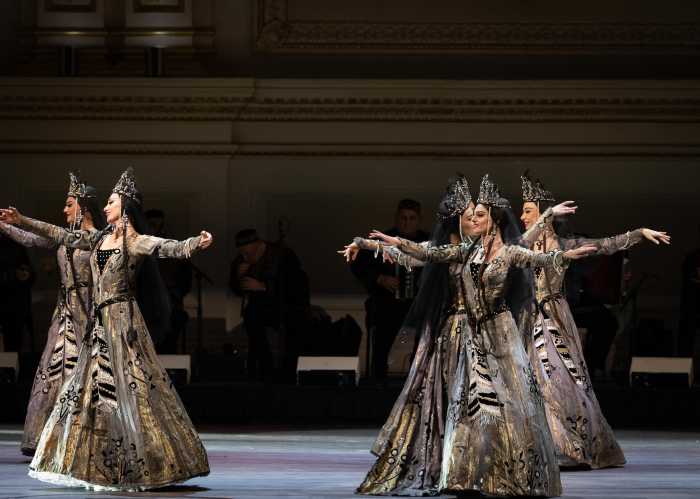‘Chappaquiddick’
Directed by John Curran
Starring Jason Clarke, Kate Mara, Ed Helms
Rated PG-13
At its best, “Chappaquiddick” plays as nothing less than a probe of the American soul.
It is a dark exploration of the circumstances around the death of Mary Jo Kopechne, when a car driven by Sen. Ted Kennedy plunged off a bridge on the eponymous Massachusetts island on July 18, 1969, that dares to consider the liberal icon from the nation’s most famous family at his lowest possible point.
It’s a horror movie, really, about a man consumed by his weaknesses and tormented by an endless series of tragedies, while being protected by a phalanx of advisers and fixers who are less committed to him as a person than to the Kennedy brand and what it represents to the country.
That’s the compelling part of director John Curran’s work, from a screenplay by Taylor Allen and Andrew Logan.
It is most effectively rendered as Kennedy (Jason Clarke) struggles to confront the guilt over his actions, including a failure to rescue Kopechne or report the accident to the police for hours, and the ways they crystallize the torment underpinning everything: the knowledge, as expressed by his dying father Joe (Bruce Dern), that he might simply never live to be great. The legacy of his assassinated brothers appears an unattainable height.
The moon landing pushed for by President John F. Kennedy, occurring simultaneously and serving as a powerful presence in the movie, effectively underlines this point.
“Chappaquiddick” is at its best when it is underpinned by a somber orchestral score, focusing closely on the personal anguish of its protagonist. It is best conveyed in the overhead shots of Clarke’s Ted Kennedy lying on a dock, or a bed; or seen in a quiet panic in close-up, desperate to get ahead of the narrative and salvage the presidential future that appears to have been pre-ordained.
The movie loses track of this intriguing terrain far too often for comfort, though, especially when it’s engaged in the plot-based particulars of battling the press narrative and salvaging the Kennedy image.
While the cover-up is key to the story and its themes, it’s rendered in a fashion that results in a lot of mundane scenes of worried, besuited men (such as Robert McNamara) gathered in a room and contemplating damage control.
We’ve seen the basic parameters of that situation countless times before and they simply blunt the impact of the carefully-calibrated, New England gothic morality play.
Clarke is a bit of a blank slate, too, and while there’s no doubt the movie depicts Ted Kennedy at a terrible, all-consuming moment, there’s barely a hint of charisma or personality, period. As portrayed in “Chappaquiddick,” he’s a man crushed into virtual paralysis by his actions, his biography, his sense of self-worth and just about every other element that collectively comprises an identity.
It’s a meaningful conceit, especially when applied to this individual and this tragic incident, but it feels like part of the picture is missing.






































